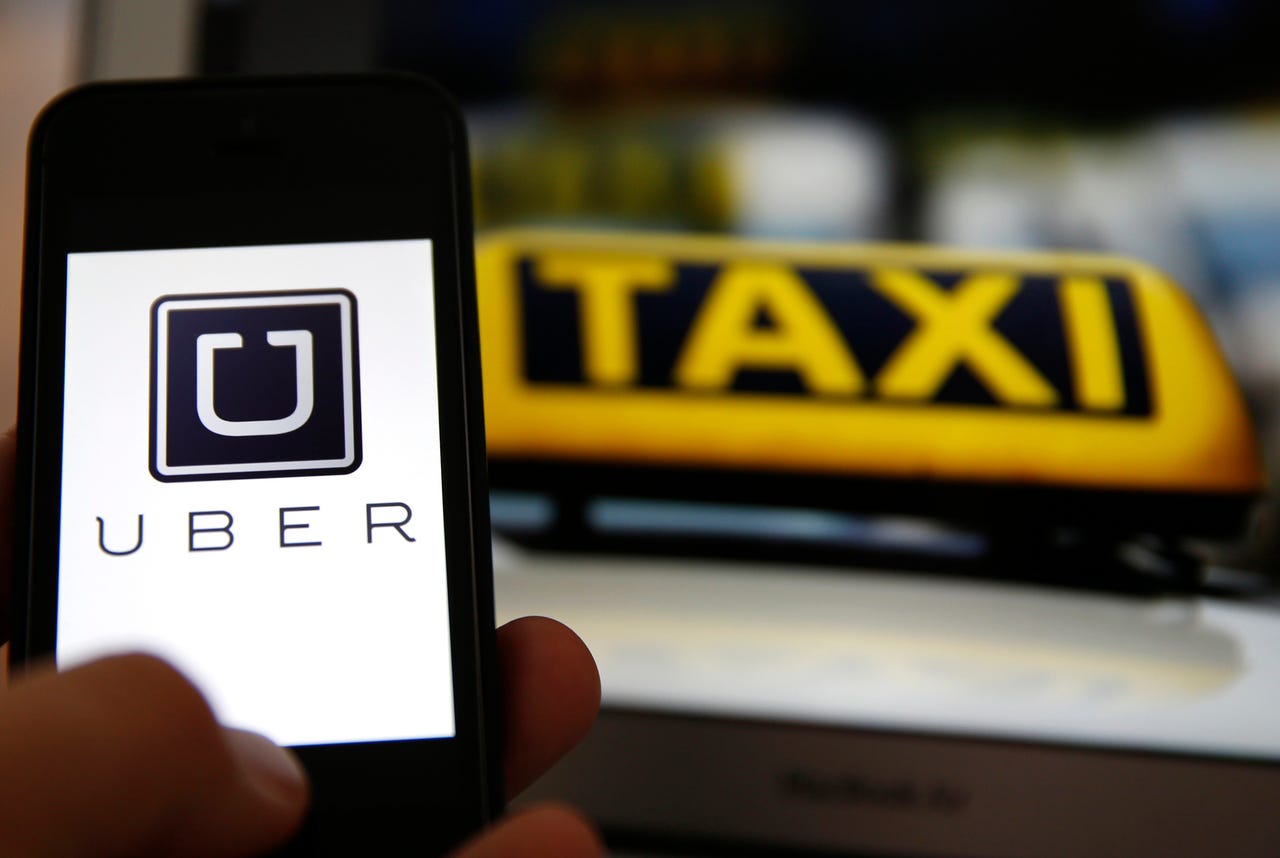Why Uber's rough ride in Spain could be about to get a lift


It looks like Uber is returning to the Iberian Peninsula.
So far, Uber has had a brief and uncomfortable ride in Spain. It ran into an apparently insurmountable barrier in December 2014, when a judge ordered the temporary suspension of the US firm's UberPOP ride-sharing service.
The court imposed the ban because of what it saw as Uber drivers' failure to secure official authority for their activities and for the "unfair competition" that the service represented.
Uber countered that UberPOP was a non-profit-making service that allowed drivers to share their costs with passengers. But the commercial court held firm.
Just over a year later, the company is back and announcing the arrival of UberX in the first quarter of 2016. The service "allows connecting in real time between professional drivers and users who need to move around the city", said Yuri Fernández, Uber's spokesman in Spain and Portugal.
The new app is very similar to UberPOP but introduces the need for the driver to get a license to drive vehicles for tourism, which is Spain is called the VTC.
Read more
This license requires drivers to meet a number of requirements, such as having a vehicle with a minimum length of 4.7m, a maximum of nine seats, limited liability insurance, and a maximum of eight years from its first registration.
Obtaining one of those licenses has not been easy, but in late January the National Commission of Markets and Competition, or CNMC, requested that Spain's Ministry of Development "remove restrictions on the transport of passengers by car hire with a driver" arguing the limitations "impede effective competition and reduce the general welfare".
As a result, from now on drivers who want to work for Uber will find life far easier because there will be no restrictions on the number of VTC licenses granted, or geographical limitations. In fact, Uber has already posted an ad on its website, seeking freelance drivers.
So it looks like Uber is returning to the Iberian Peninsula, complying with state law and the requirements of the first region where it will operate, Madrid.
That shift should make things far easier for Uber. However, the taxi industry has yet to have its final say on the matter. Some taxi drivers still argue that UberPOP and UberX are almost identical and plan to push for stricter enforcement of ride rules.
Uber's Fernández argues that Uber is committed "to a new urban mobility model, encouraging a multi-modal approach where different transportation alternatives coexist".
As an example of that, he mentions the UberPOOL carpooling service working in London and Paris. But he also notes that some features, such as fare- and itinerary-sharing, as well as the integration with Facebook or Spotify, are exclusive to Uber in Spain.
"Collaborative economy platforms have a high level of acceptance in Spain," Fernández insists. "Now, the challenge is giving better legal safety to citizens who want to share their resources and exchange goods and services."
According to Ricard Faura, head of knowledge society at the Catalan government: "There is no turning back for this new scenario. But, undoubtedly, the imbalances between the various legal and national economic frameworks will cause countless tensions worldwide over the next few years. The success of this new economy requires empowered citizens to be fully integrated within these new rules."
"This is the real keystone, having citizens who are really the protagonists of this social transformation, because this would turn the collaborative economy into an unstoppable process," he says.